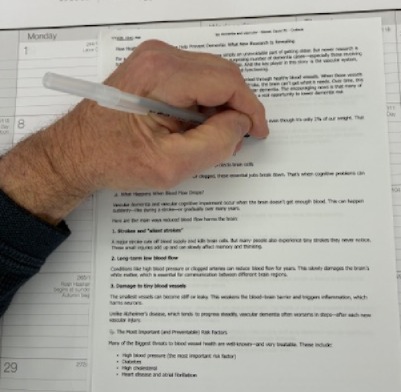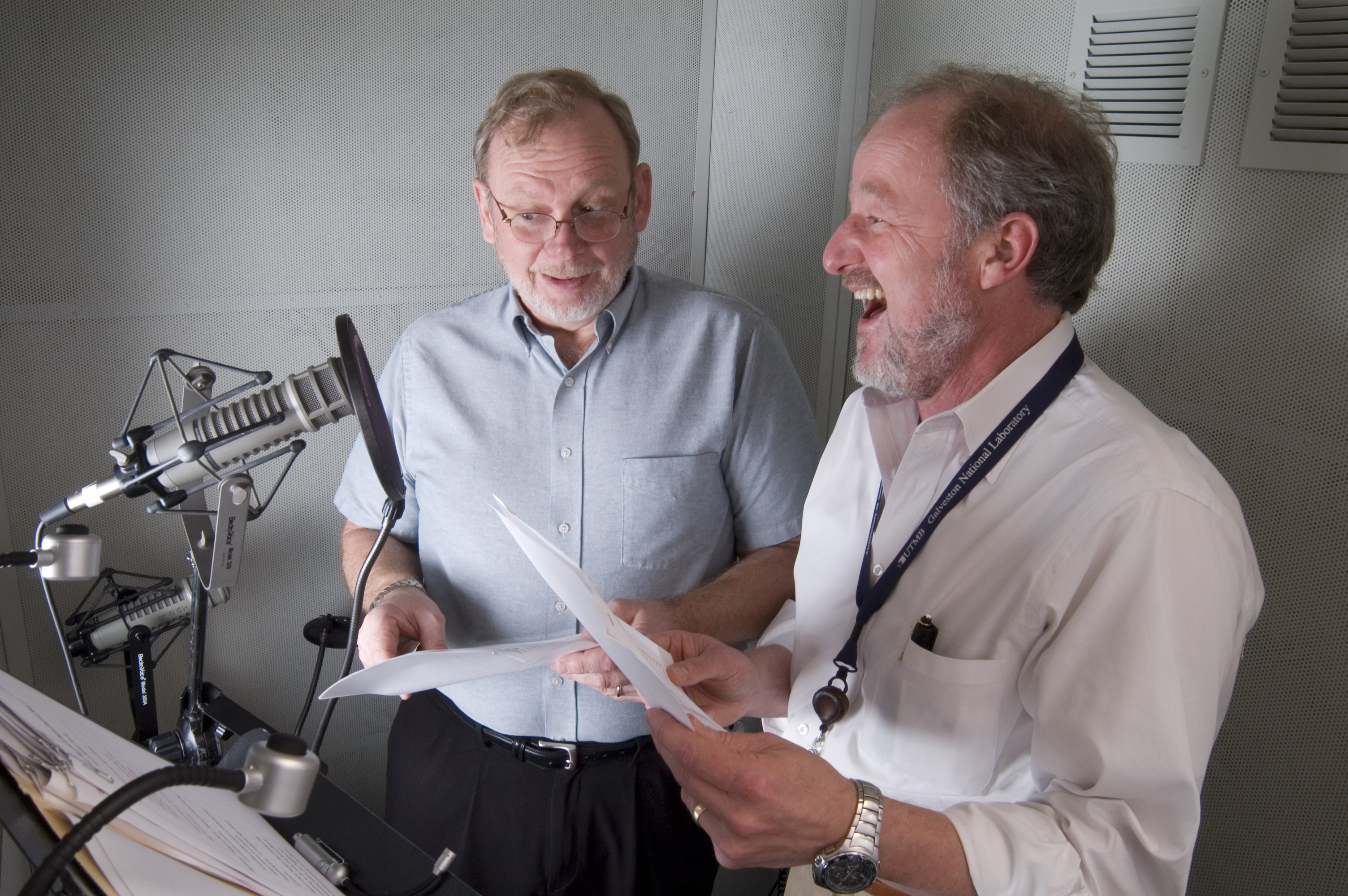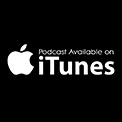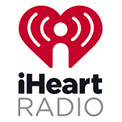Recent Episodes
-

The Bacteria That Helped To Defeat Napoleon
Different generations of leaders and soldiers learned the same lesson the hard way. Both Napoleon and Hitler invaded Russia and both armies failed. We now know from a study that two additional diseases plagued Napoleon's troops along with hunger, cold, and harassment from Russian troops.
-

Left Handers Rule
Sometimes I feel like an alien. Why? I am very left-handed. I can't do anything with my right hand. While this can give me the upper hand (ha!) in tennis, the reality is most of the world is backwards to me. Same for one of my children who had to learn the downsides of being a south paw.
-

Long Term Consequences for a Starved Child
Seeing disturbing images about the famine in Gaza had me thinking about the long-term consequences of the starving children there, should they survive. At least half a million Gazans face starvation with little humanitarian aid being allowed in. After just a few days without food, a child's body begins to tap into stores of glucose in the liver, and then fat stores to keep the brain and other organs going.
-

You Say Tomato and I Say Potato
You know the old song lyric, “you say tomayto and I say tomahto?” Well, a new study has Dave and me saying, “you say tomato and I say potato.” That's because the tomato plant may be the ancestor to potato plants. At some point, the tomato genome joined with an ancestral form of a tuberless potato plant to form today's potato in South America's Andes mountains about 9 million years ago.
-

20 Years Ago Today - The Anniversary Episode
And nearly 20 years ago, we started Medical Discovery News. This show is our thousandth episode!






